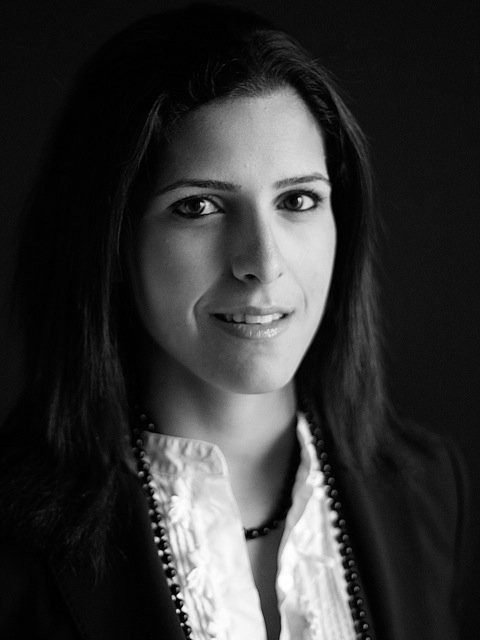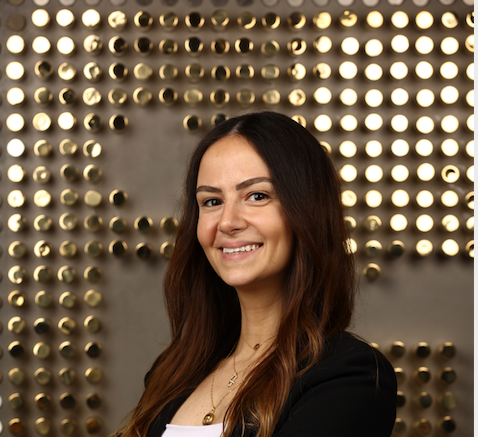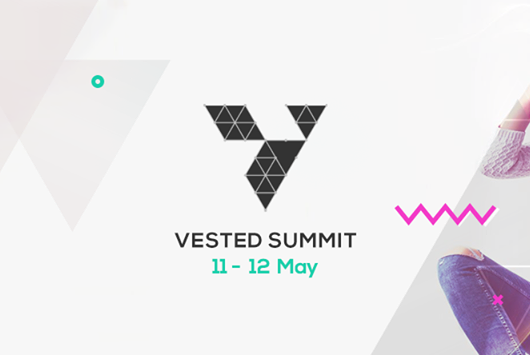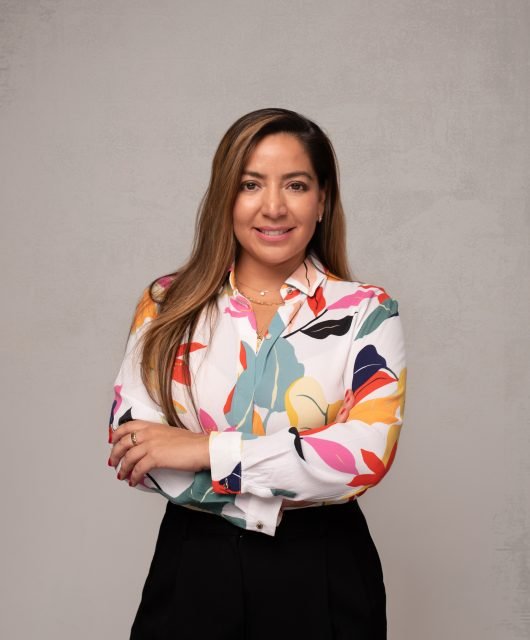The Wonder Women of MENA: Google’s Nourah Al Fayez
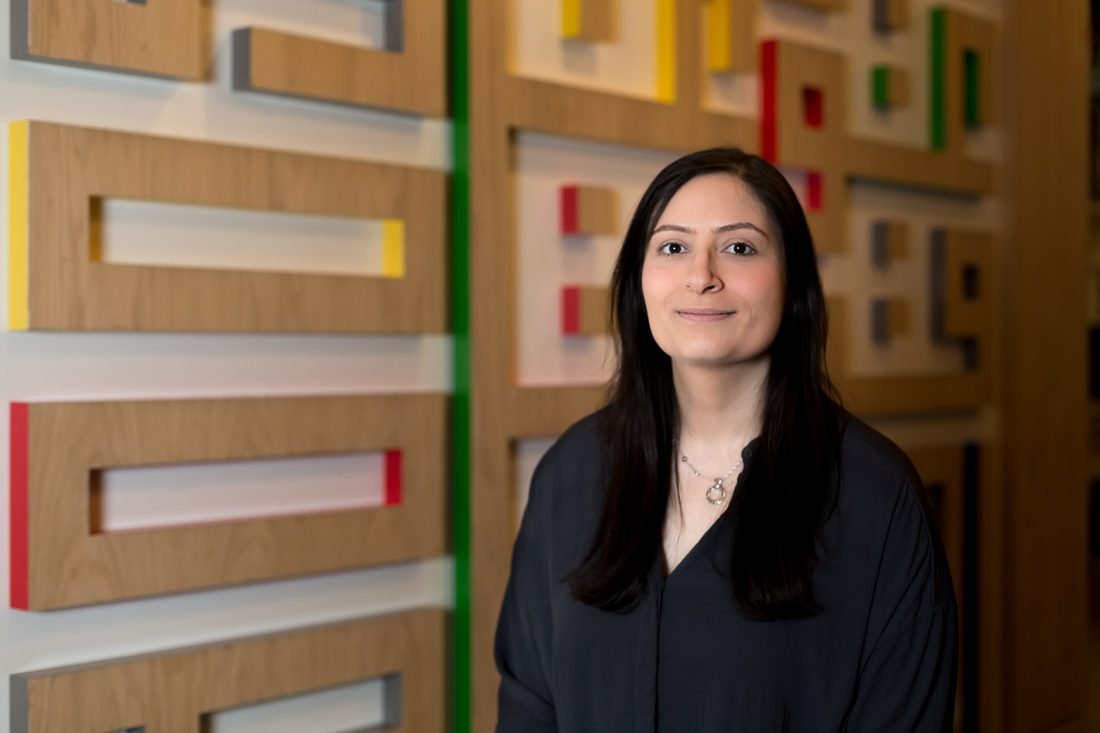
About Nourah Al Fayez
Originally from Saudi Arabia, Nourah was born and raised in Bahrain. She completed her undergraduate and postgraduate education in London at King’s College London and the London School of Economics respectively. She started her career in consulting, initially intending to specialise in HR consulting. She quickly became more interested in strategy consulting, leading to her move to Oliver Wyman in Dubai in 2008. During her time in consulting, Nourah advised companies across various sectors, including Telco, Media and Banking, on their business strategy.
In 2010, she joined Google at a time when there were 8 people in the Dubai office and was the first Saudi woman to join Google globally. Within Google, she has spent the majority of her time on the sales side of the business with a focus on Ad Tech sales and digital transformation. She consulted with advertisers and big 6 agencies on leveraging data and technology to transform their marketing strategies and approaches. In her current role, Nourah leads the Strategy & Operations team in MENA which involves supporting revenue growth and working cross functionally to drive Google’s positive impact in the region. Being from the region, supporting its growth and the development of its people is a driving force for Nourah.
About her thoughts for the industry
It’s an exciting time to be in our region and a part of our industry as I believe we are at an inflection point. Economic, social and geopolitical pressures are negatively impacting many parts of the world but the Gulf continues to grow. This is largely driven by incredibly ambitious government strategies that have charted the course for further development and digital transformation across the region. These strategies, which are distinctly forward-looking, are largely responsible for continued economic diversification. As a result, there has been a great deal of attention paid to upskilling and educating local workforces, attracting FDI and contributing to driving emerging technologies and industries. This is why my thoughts and wishes for our industry in 2023 are largely positive.
First, I’m excited about the renewed interest and attention being paid to AI. AI has always been a part of the products we have all come to rely on in the form of Machine Learning (a subset of AI). AI, however, has become a new buzz word in our industry with the emergence of Language Learning Models like ChatGPT. Even if it’s not completely new, I think this is a great catalyst to reignite interest in exploring how technology can improve many aspects of our business. Businesses will hopefully be encouraged to assess to what extent they are leveraging AI to drive their performance to root out inefficiencies and surface new opportunities; going beyond text generation tools. This also extends to those in creative industries who used to believe technology and creativity were like oil and water.
Second, I’m excited about the recovery of the tourism sector post-pandemic, which has given rise to renewed focus by MENA countries on attracting more visitors to the region. Saudi Arabia, in particular, has recently opened up to tourism and is making strides in showcasing the country’s rich heritage, history and its diverse natural ecosystem. Other countries in the region are no exception; we are seeing this renewed focus on tourism across MENA from Egypt to Morocco to many of the Emirates of the UAE. This will have positive knock-on effects for several industries across the region.
Finally, my wish for our industry is to see an increase of diversity and inclusion across all sub sectors, roles and organisations. Diversity of individuals breeds diversity of thought, which leads to greater innovation and more creativity. Numerous studies have highlighted the positive impact diversity has on business performance and innovation. For example, a study by Josh Bersin demonstrated that companies with Diverse hiring practices are 1.7 times more innovative. Also, an HBR report showed that diverse companies had better overall financial performance. I truly believe that our ability to stay competitive as a region will require us to tap into the wealth of diversity we have access to and capitalise on the incredibly educated female workforce in MENA (for example, we have more female graduates than male graduates across many MENA countries yet labour market participation for women is lower). I urge companies not to approach this as a moral imperative but as a business necessity.
Disclaimer: Views expressed are my own and not Google’s

